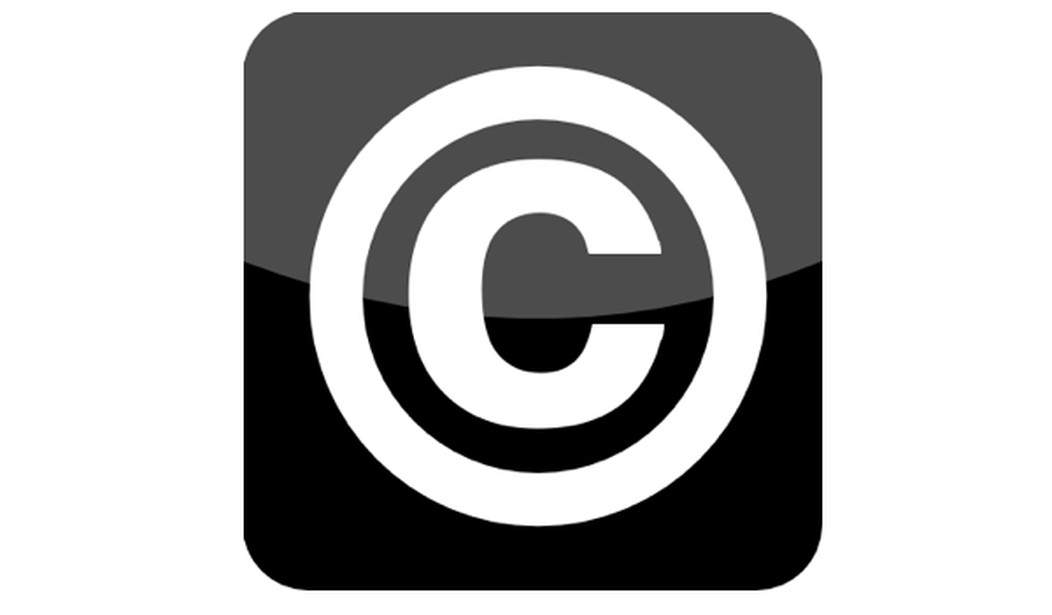From a philosophical perspective (although not as a practical matter for many entrepreneurs) the trademark/copyright question presents a thorny set of moral dilemmas, especially for economic libertarians.
One of the many interesting observations the discerning Western traveler makes when venturing abroad, especially into East Asia, is the dramatically divergent norms around copyrights and trademarks.
If you peruse any Bangkok night market, or one in Hanoi or Jakarta or virtually anywhere in Southeast Asia, Gucci, Dolce & Gabbana, and Nike products line the stalls from front to back. They’re all dirt cheap, and they’re all fake. Everyone knows they’re fake, and seemingly no one cares — not the sellers, not the buyers, and not the authorities.
The Asian laissez-faire approach to regulation contrasts quite starkly contrast with the stringent legal enforcement of copyrights and trademarks in the West.
To the Western mind, the consensus appears to be that a strong regulatory environment is necessary for economic prosperity. The most compelling argument in favor of copyright/trademark enforcement is that it safeguards intellectual property, which the American Enterprise Institute likens to tangible property like land:
Property secures rights in what we create through our work. In this regard, there’s no cause or need to distinguish intellectual property from any other forms of property. In all cases, a person employs his intellect and talents to impose his plan and will on his environment to bring something new into the world. This is the essence of productive labor, the fruits of which property protects.
Distinguishing between physical and intellectual labor, as some would, is misguided, because both are, at heart, the same activity. Whether it is a carpenter building a house, a farmer planting a field, an author writing a book, a director filming a movie, or an inventor developing a new drug, the activity is, ultimately, productive labor.
Basically, the argument goes, intellectual property rights ensure entrepreneurs and artists and anybody who produces an intangible good that all of the blood, sweat, and tears (not to mention treasure) they pour into their projects — whether mobile application software or a song — won’t be for naught.
Related: And Then They Came for Our Cake…
Not only does this protect the individual proprietor but it also stimulates more ingenuity and investment, because all the players know that ownership over their creations is protected and their investments secured:
Copyrights and patents enable the kind of independent, entrepreneurial activity that free market advocates celebrate. Books, movies, software, and pharmaceuticals are made by real people and the creation and commercialization of these works requires entrepreneurial risk taking.
On the other hand, the concept of trademarks and copyrights definitionally restrict freedom, as they constrain behavior. In this way, they are prima facie anti-free market. There is far from a universal consensus on the net benefit of intellectual property laws.
First of all, intellectual property rights are a relic of European monarchism. The sovereign granted monopolies to favored subjects to secure their loyalty and increase his social control. Eric Johnson writes in the Florida State University Law Review:
The monopolies now understood as copyrights and patents were originally created by royal decree, bestowed as a form of favoritism and control. As the power of the monarchy dwindled, these chartered monopolies were reformed, and essentially by default, they wound up in the hands of authors and inventors.
These days, IP laws are more democratic in the sense that anyone can apply to benefit from them. But the same essential dilemma exists — namely, that it’s arguably a form of monopoly granted by the state.
Via the Foundation for Economic Education:
There are good reasons to think that IP is not actually property—that it is actually antithetical to a private-property, free-market order… In the case of patents we have a modern statute administered by a huge federal bureaucracy that grants monopolies on the production and trade of various things, which means holders may ask the federal courts to order the use of force to stop competitors.
IP laws, as FEE notes, require an extensive government bureaucracy to enforce them that inherently comes with a hefty price tag. These include “patent attorney salaries, fees, litigation, increased insurance premiums, and higher-priced products—plus innovation and research lost when companies concentrate on patentable innovations and allocate fewer resources to more basic scientific research, or when an entire field is avoided for fear of patent-infringement lawsuits.”
Big businesses and other institutions have the financial capacity to wage against smaller market competitors what critics of the legal system term “lawfare” — in effect describing the weaponization of the legal system to subdue rivals.
Here we arrive at the crux that makes the IP issue thorny for libertarians: who is to enforce intellectual property laws? It necessarily requires the enhancement of state power, which contradicts the most fundamental tenet of libertarian ideology.










